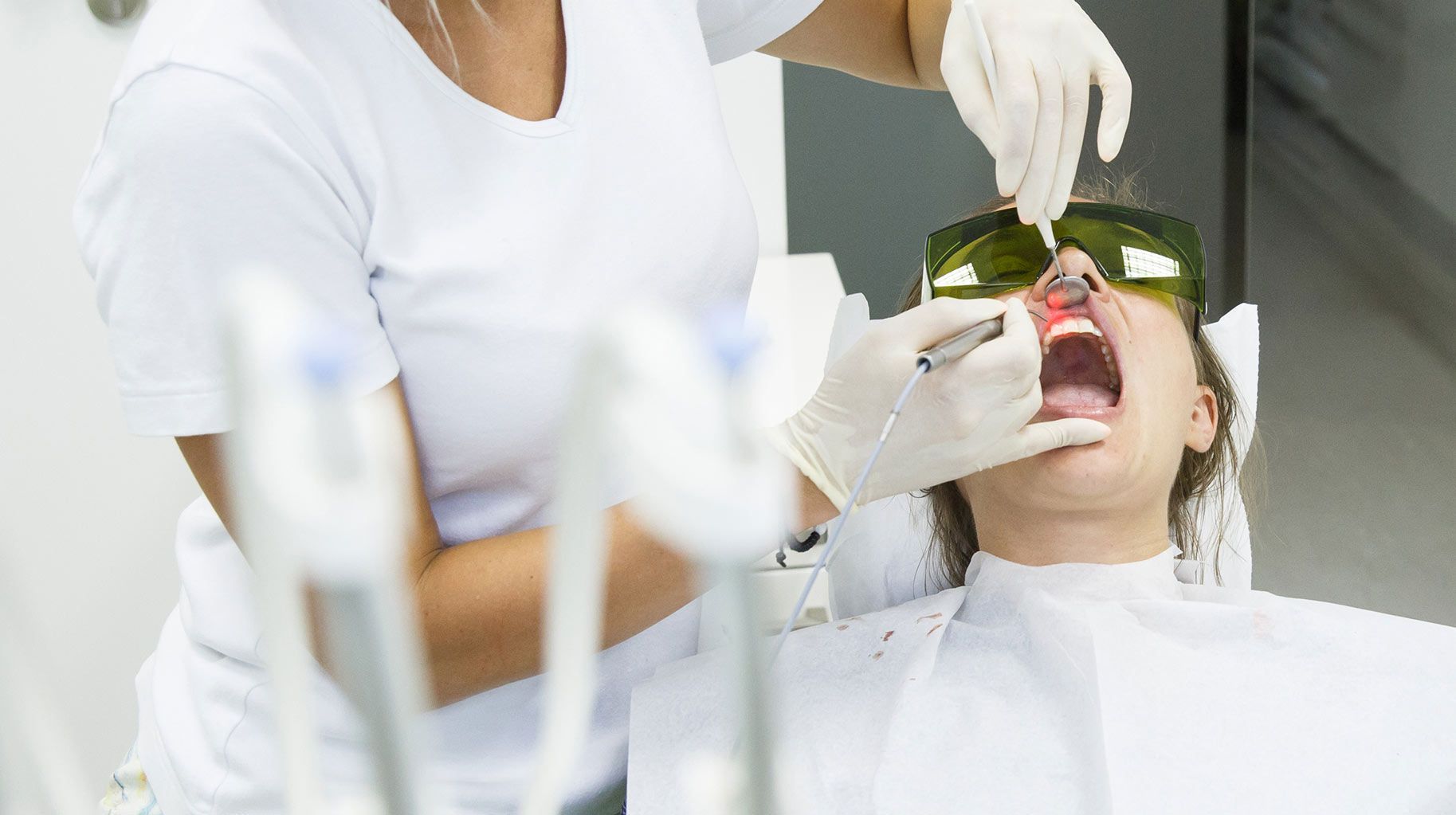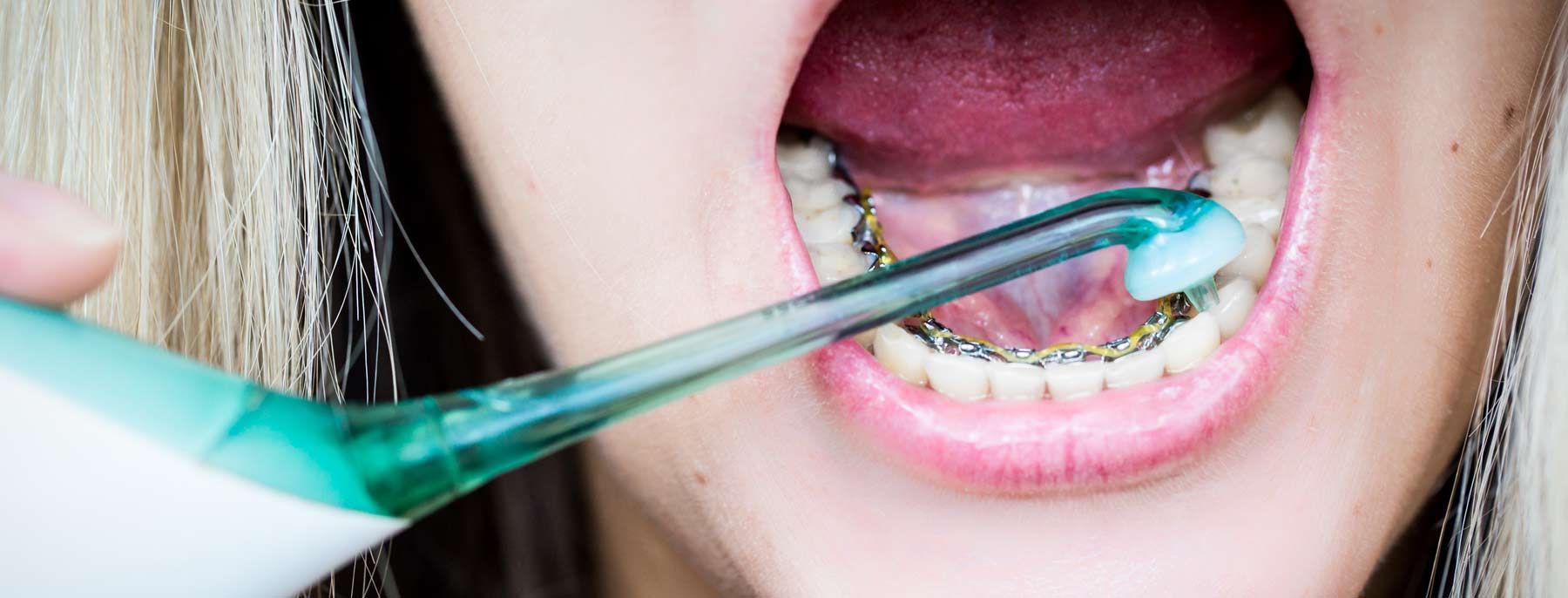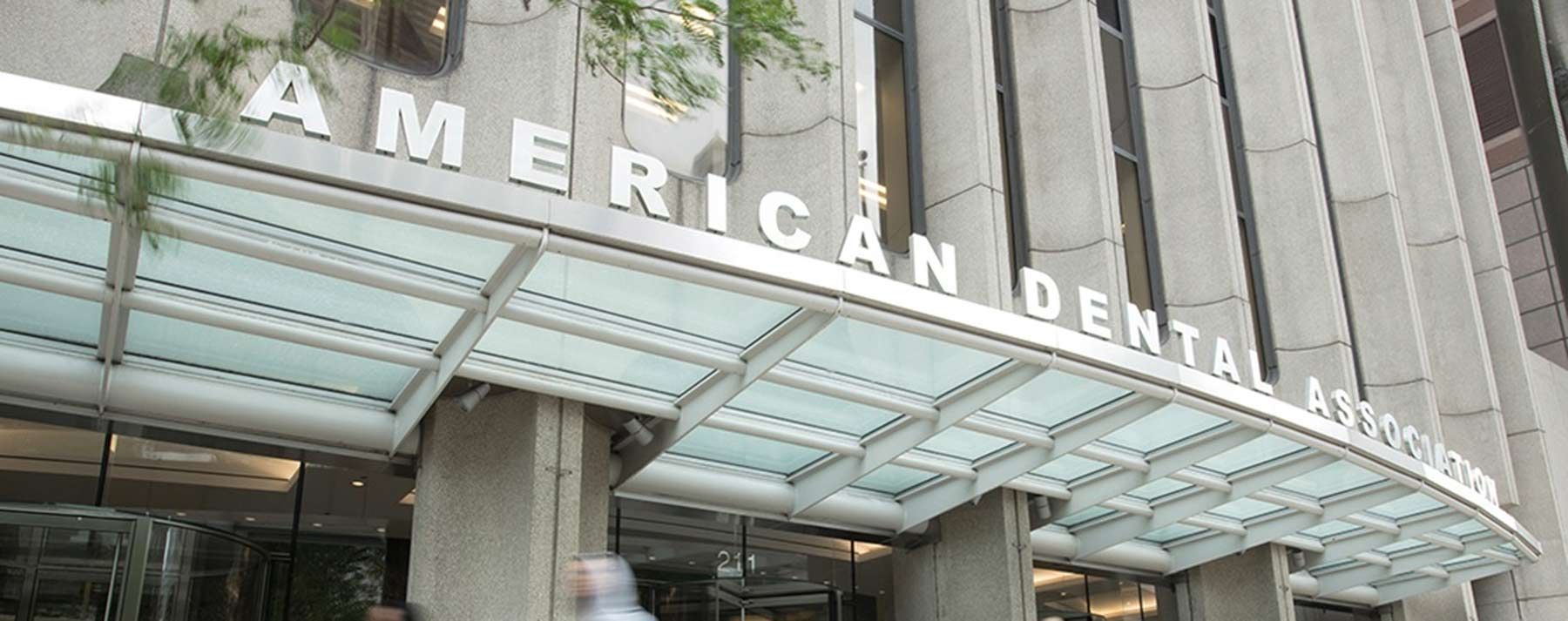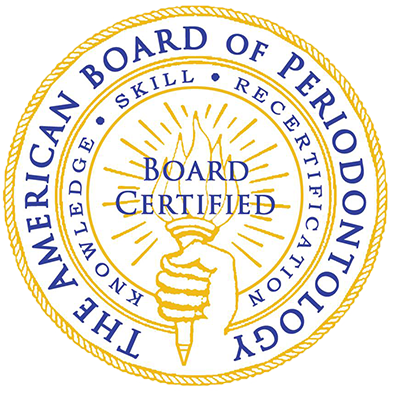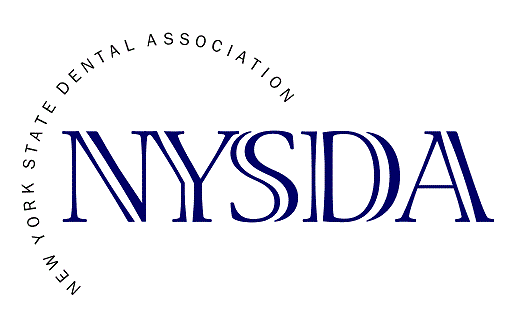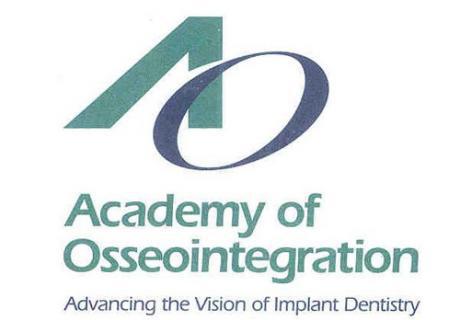Periodontal Disease and Arthritis
People with rheumatoid arthritis tend to have more periodontal disease, and people with periodontal disease tend to have more rheumatoid arthritis. In fact, studies show that the same pathological and immunological processes that occur in periodontal disease also occur in rheumatoid arthritis.
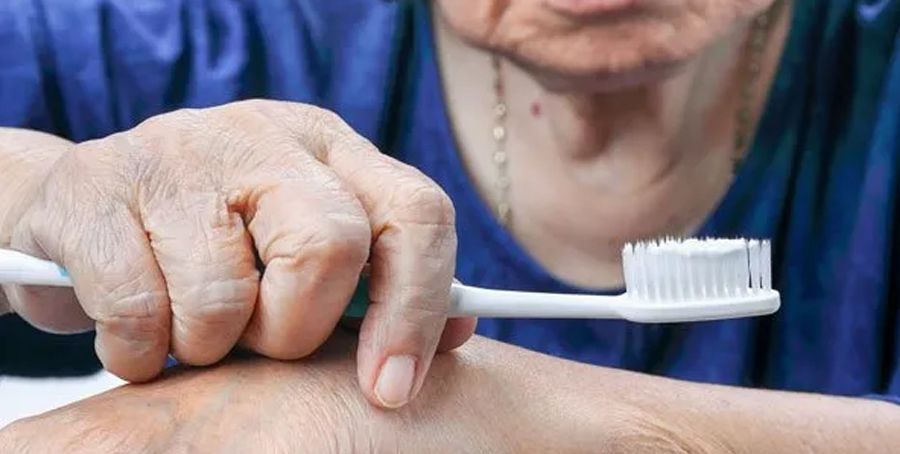
The Link Between Periodontal Disease and Arthritis from Dr. Stephanie Sfiroudis, Leading Nassau County Periodontist
It may seem strange, but there seems to be a clear link between periodontal disease, also known as periodontitis, and rheumatoid arthritis (RA). In fact, research shows the more teeth you lose, the greater the risk of developing joint inflammation, or arthritis. Both periodontitis and RA are non-curable diseases, which left untreated, can lead to bone and tissue destruction.
What is Periodontal Disease?
Periodontal disease is inflammation of the gum line that can progress to the bone that surrounds and support your teeth, and if left untreated, can lead to tooth loss.
What is Rheumatoid Arthritis?
Rheumatoid arthritis is a debilitating, joint destroying, chronic, progressive disease that causes inflammation in the joints, which often leads to painful immobility and deformity in the fingers, wrist, fist, and ankles.
The Link Between Periodontal Disease and Rheumatoid Arthritis
Observations show that people with rheumatoid arthritis tend to have more periodontal disease, and people with periodontal disease tend to have more rheumatoid arthritis. In fact, studies show that the same pathological and immunological processes that occur in periodontal disease also occur in rheumatoid arthritis. It is these and other shared similarities that lead researchers to conclude that there may be a strong link between periodontitis and RA.
Some similarities of periodontitis and RA include:
Chronic Inflammation of the Soft Tissue
Both conditions are characterized by chronic inflammation in the soft tissue next to the bone. As a matter of fact, researchers found a remarkable resemblance in the oral tissues and joint and the inflammation activity that impacts them. According to researchers, if you observe the tissues of the joint in RA and the tissues in the mouth in periodontitis, there are a number of parallels, including the types of cells that are penetrating them, as well as the levels of certain pro-inflammatory proteins.
Similar Clinical Symptoms
Both periodontal disease and rheumatoid arthritis share similar clinical indicators, such as pain, swelling, and tenderness. If left untreated, the chronic inflammatory activity eventually leads to bone loss.
Strong Genetic Association
There is also a strong genetic association between the two diseases. In fact, scientists found a genetic type that occurs at high rates in people with RA in 8 out of 10 patients with progressive periodontal disease, as compared to only about 1/3 of a healthy control group. This leads doctors to believe that there may indeed be a correlation between the two controlled by an unrevealed disease activity.
Both Require a Lifetime of Disease Management
Both RA and periodontitis require long-term disease management. Early identification and firm management can slow down tissue loss in periodontal disease and RA; however, prevention is attainable if gingivitis is diagnosed and properly managed.
Research Conclusions
Whether there is a clear connection between RA and periodontal disease, one observation remains clear; both conditions have inflammation in common. Under general conditions, inflammation fights off substances like bacteria and viruses; however, in the autoimmune disease, rheumatoid arthritis, the immune system accidentally triggers inflammation even though, thereafter, no viruses or bacteria present.
Given the activity of autoimmune disease, some theories suggest that is possible that the immune system could be triggered by mouth inflammation and infection, snowballing a series of events where inflammation develops at the site of joints, leading to arthritis.
Shared Treatment
If oral inflammation and infection are to blame for the onset or advancement of RA, then controlling the inflammation through improved dental care could help treat or prevent rheumatoid arthritis. Some research has shown improvement in RA symptoms after successful periodontal treatment, which is likely contributed to the reduction in oral inflammatory burden as a result of successful periodontal treatment.
A study published in the Journal of Periodontology demonstrated that when people with severe RA cleared up their periodontal disease, the discomfort and other arthritic symptoms improved.
Another study conducted by researchers at Case Western Dental Medicine and University found that those who underwent nonsurgical treatments for their periodontitis reported remarkably more improvement in their rheumatoid arthritis symptoms than patients who received RA treatment solely. Doctors conclude that given that there is such a high occurrence of periodontitis in patients with RA, along with the strong biological correlation between the two disease activities, close attention should be paid to the oral health in patients with RA, and they should be referred for periodontal and dental treatment.
Doctors further conclude that RA sufferers need to take care of their teeth, which means eating healthy, brushing and flossing, and scheduling regular dental exams. RA sufferers with painful hands or stiff joints, which can make caring for their teeth more difficult, should consult their occupational therapist or dentist for help, which may include special assistive devices. It is equally crucial for RA sufferers to work with their doctor to get their arthritis under control. Doing so could ultimately save their teeth and their joints.
Please contact Dr. Stephanie Sfiroudis for a free consultation regarding any questions or concerns about periodontal disease and its connection to arthritis.

